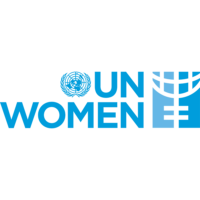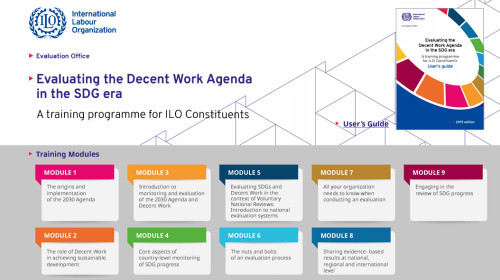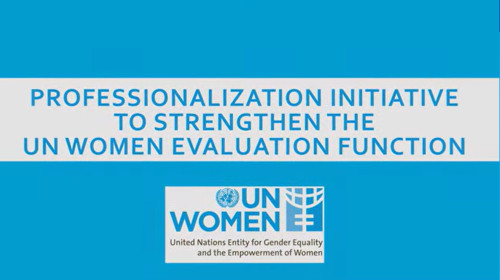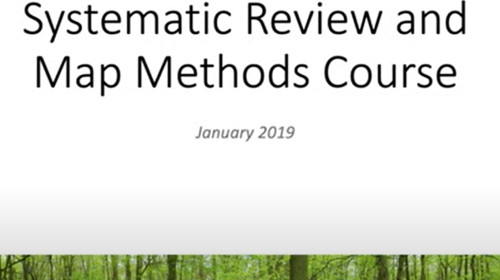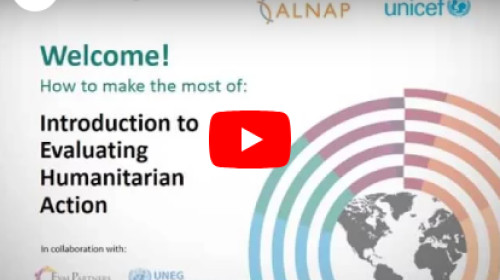This e-learning course offers an overview of evaluation practice in various contexts, and features concrete guidance, tips and insights from experienced practitioners.
The course is composed of 10 units and it includes lectures of 25 minutes (on average), requested readings (20 pages on average), additional reading materials, and tests (10 questions). After successfully finishing all 10 units, participants will receive a certificate of completion.
Target Audience
- UN evaluators and evaluation managers
- Independent evaluators
- UN staff members involved in interventions
- Evaluation networks and organizations
- CSOs and NGOs interested in evaluation
- State institutions and national evaluation bodies
- Other practitioners, such as human rights and gender equality advocates
Learning Objectives
- Demonstrate an understanding of the core concepts related to Human Rights (HR) and Gender Equality (GE) approaches: definitions, standards and key principles
- Demonstrate an understanding of the UN Institutional Framework and Planning for HR and GE Responsive Evaluation, and the implications of integrating HRBA & GE mainstreaming in the programming cycle, in particular in its evaluative process
- Identify important dimensions of integrating HR and GE in evaluations and demonstrate an understanding of the scope of HR and GE responsive evaluations
- Demonstrate an understanding of the necessary steps to address HR and GE in the evaluation planning and preparation in practice
- Demonstrate an understanding of the participatory dimensions of an inclusive HR and GE responsive evaluation and the structure and phases of stakeholder analysis
- Demonstrate an understanding of the necessary steps to address HR and GE in the evaluation design and terms of reference/inception report
- Identify indicators for a HR and GE responsive evaluation and demonstrate an understanding of adequate methods for HR and GE responsive data collection
- Demonstrate an understanding of how to integrate HR an GE approaches during data analysis and interpretation for an HR and GE responsive evaluation
- Demonstrate an understanding of dissemination and use of evaluation findings and recommendations
- Demonstrate an understanding of the UN SWAP evaluation performance indicator and the reporting system

